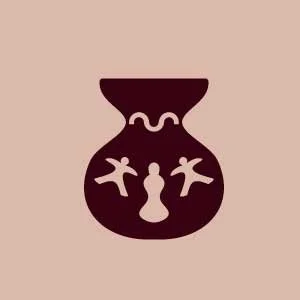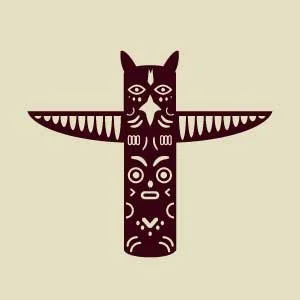The CHILD-BRIGHT Network is searching for an Indigenous Co-Lead to collaborate with Dr. Nomazulu Dlamini, Program Lead of our Equity, Diversity, Inclusion, Decolonization & Indigenization (EDI-DI) Program. If you are a Canadian academic leader with a deep commitment to equity, diversity, and inclusion in children's health, and if you share our vision of inclusive research environments, we encourage you to take part in co-steering the efforts of the CHILD-BRIGHT EDI-DI Program from 2023 to 2026.
About CHILD-BRIGHT
The CHILD-BRIGHT Network is a pan-Canadian patient-oriented research network based at the Research Institute of the McGill University Health Centre. Created in 2016, it works to create brighter futures for children and youth with brain-based developmental disabilities and their families. Funded by the Canadian Institutes of Health Research (CIHR) under Canada’s Strategy for Patient-Oriented Research (SPOR) and 15 funding partners across the country, our national network includes 350 researchers, clinicians, decision-makers, youth, and parents.
CHILD-BRIGHT’s extensive research program was developed based on research priorities identified by youth, parents, and other knowledge users such as frontline clinicians and health care administrators. From 2016 to 2022, CHILD-BRIGHT carried out 13 multi-centre projects focusing on three themes: early intervention to promote brain and child development; strategies to support the mental health of children and families; and service delivery redesign to address gaps in service. From 2022 to 2026, CHILD-BRIGHT is moving its patient-oriented research into action through insight and methods grounded in implementation science and knowledge mobilization, and by embedding the principles of equity, diversity, inclusion, decolonization and Indigenization.
Position Overview: Indigenous Co-Lead for the EDI-DI Program
We are seeking an exceptional individual to work alongside Dr. Nomazulu Dlamini, Program Lead of our EDI-DI Program, to co-steer the efforts of the CHILD-BRIGHT EDI-DI Program. Your role will be pivotal in ensuring that the principles of equity, diversity, inclusion, decolonization, and Indigenization are authentically embedded across all aspects of CHILD-BRIGHT's work, making a lasting impact on childhood disability research.
Duties and Responsibilities
Champion initiatives that embed EDI-DI principles in all of CHILD-BRIGHT's programs and governance structure.
Play a central role in advancing research excellence through health equity using an intersectional approach.
Requirements
Advanced degree in a relevant field, with expertise in equity, diversity, and inclusion.
A passion for promoting equity and inclusion in children's health.
Proven leadership skills and experience in driving meaningful change.
Strong communication skills and the ability to collaborate effectively.
An understanding of children with brain-based developmental disabilities and its intersection with equity.
How to Apply
We invite Indigenous candidates with a deep commitment to Indigenization, equity, diversity, and inclusion to apply. Join us in co-steering the efforts of the CHILD-BRIGHT EDI-DI Program, making a significant impact on childhood disability research and patient-oriented research. Please send your application by September 15, 2023 to edi-di@child-bright.ca and be a driving force for positive change in children's lives.
Note: Accommodations are available upon request for all candidates participating in the selection process.
Join us in creating brighter futures for children and youth with brain-based developmental disabilities and their families






